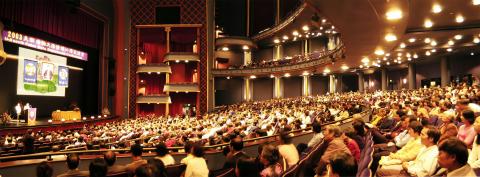Useful Tips

• Bring both parents in as that reduces the chances of misunderstanding. However, keep in mind that there are many children from single-parent homes, you can unwillingly insult them.
• Start communication early in the year, for example, send them memo with a list of subjects and things children will study.
• Give time for the meeting – half an hour is usually OK.
• Get prepared to the questions like How is my child doing in certain subjects? Or Does my child cause any trouble?
• Be organized. Prepare everything in advance and you won’t have to browse through the papers during the conference.
• Craft an outline for your speechification with information concerning the progress of students, points of strength and weakness and a plan how to improve them.
• Do not make parents wandering around the hallways. Meet them at the entrance and they will feel much more comfortable.
• Do not misuse names.
• Choose a conference-style seat. Thus there won’t be barriers between you and parents.
• Get everyone relaxed: start your speech with positive points.
• Present an agenda of the conference.
• Do not use general phrases, be specific.
• Give parents a direction what to do, however, it should look like an advice and not a direct order.
• Do not use educational parlance if you don’t want to translate your words to parents in plain English
• Don’t be rude, whatever the provocation.
• Cooperate with parents. Show them that you are interested in their thoughts and want to help them so their children will be able to learn and develop.
• Highlights the strengths of the child instead of burying into the description of weaknesses.
• Use non-verbal communication to set the mood of the conference.
• Listen to parents. Do not hear but listen to the parents and you will get a possibility to help a child together.
• Cooperate with parents
• Ask parents about some facts of the child’s life you may need to know.
• Don’t make judgements as it may become a stumbling block of your communication with parents
• Concentrate on the solutions of the problems – develop them together
• Make conclusions before the conference is over
• End up with a positive note.
• Feel free to arrange additional meetings if necessary
• Take notes during the conference. They will come in handy when you will develop a strategy of further improvement.